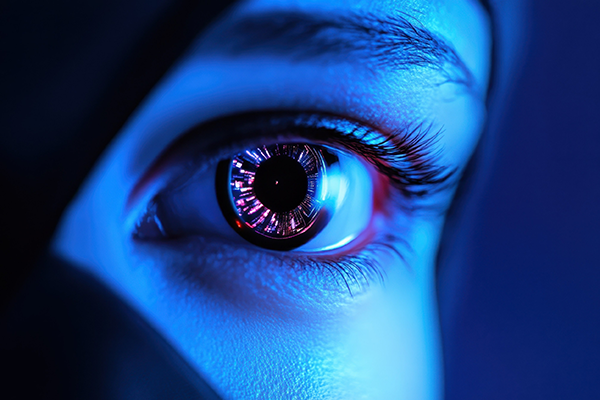Supernatural
How I Learned To Trust My Psychic Premonitions
 I was just 16 years old when I had my first powerful premonition.
I was just 16 years old when I had my first powerful premonition.
At the time, I didn’t know what to call it. I didn’t have the right words or spiritual understanding to describe the feeling. All I knew was that something inside me, like a quiet inner voice, spoke with a certainty that was not just in my imagination. It felt like a clear knowing.
A close family member had recently become engaged to his long-time girlfriend. They were the perfect couple. They were always together, and they had a lot of potential. It seemed like their love would last forever.
Everyone in our family, including our friends, thought we would be the kind of couple who could overcome any challenge together. Their future was full of possibilities.
One afternoon, he excitedly told me she had passed the exams to join the police force. They had just bought a home together. The future looked great, and there was a lot of potential. I smiled at him, feeling happy for him.
But something didn’t feel right. A soft inner voice whispered: She will leave him for a policeman.
This simple, unexpected thought bothered me, but I pushed it away. Maybe it just me worrying about the stories I had heard about adult relationships that didn’t end well.
Three months later, she left him and started a relationship with a fellow police officer.
The Emotional Imprints Of Past Lives
 I once did a psychic reading for a lady who had a real fear of the ocean. Her fear extended to being a passenger in an aircraft flying high above the ocean, to being on the beachfront trying to relax to the sound of waves crashing along the shore-line. She had booked a session with me to see if we could discover the source of her deep-seated fear of the sea.
I once did a psychic reading for a lady who had a real fear of the ocean. Her fear extended to being a passenger in an aircraft flying high above the ocean, to being on the beachfront trying to relax to the sound of waves crashing along the shore-line. She had booked a session with me to see if we could discover the source of her deep-seated fear of the sea.
The answer to people’s emotional blocks often comes to me through imagery and sounds, which I receive in my mind’s eye.
In this client’s case, the answer came ‘crystal clear.’ I saw a vision of a sailing ship from the 1800s being thrown around in a terrible storm, and I knew right away, that it was a past incarnation from whence her fear of water stemmed.
She had, in fact been a sailor on that ship, which sank. She died at sea after being swept overboard during tumultuous weather conditions.
The actual cause of many relationship challenges or emotional problems can lie in trauma which went unresolved in a previous life.
Emotional wounds leave emotional imprints, which filter into our current emotional condition. Locating the root problem from past lifetimes can go far in freeing us to move forward, free from those shackles that keep us stuck.
Have you ever felt uneasy when meeting someone new, without even knowing anything about them? It’s my belief that one can be holding a memory of a shared past life, in which the soul essence of the person, with whom we are ill at ease, was someone who harmed us in some way in another lifetime.




